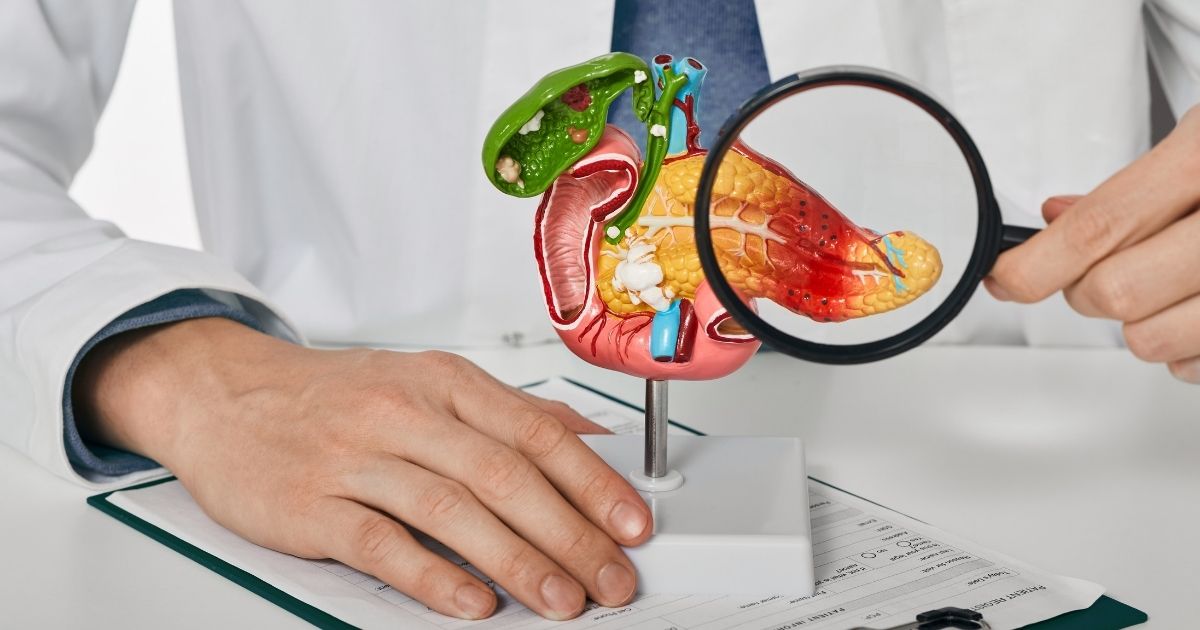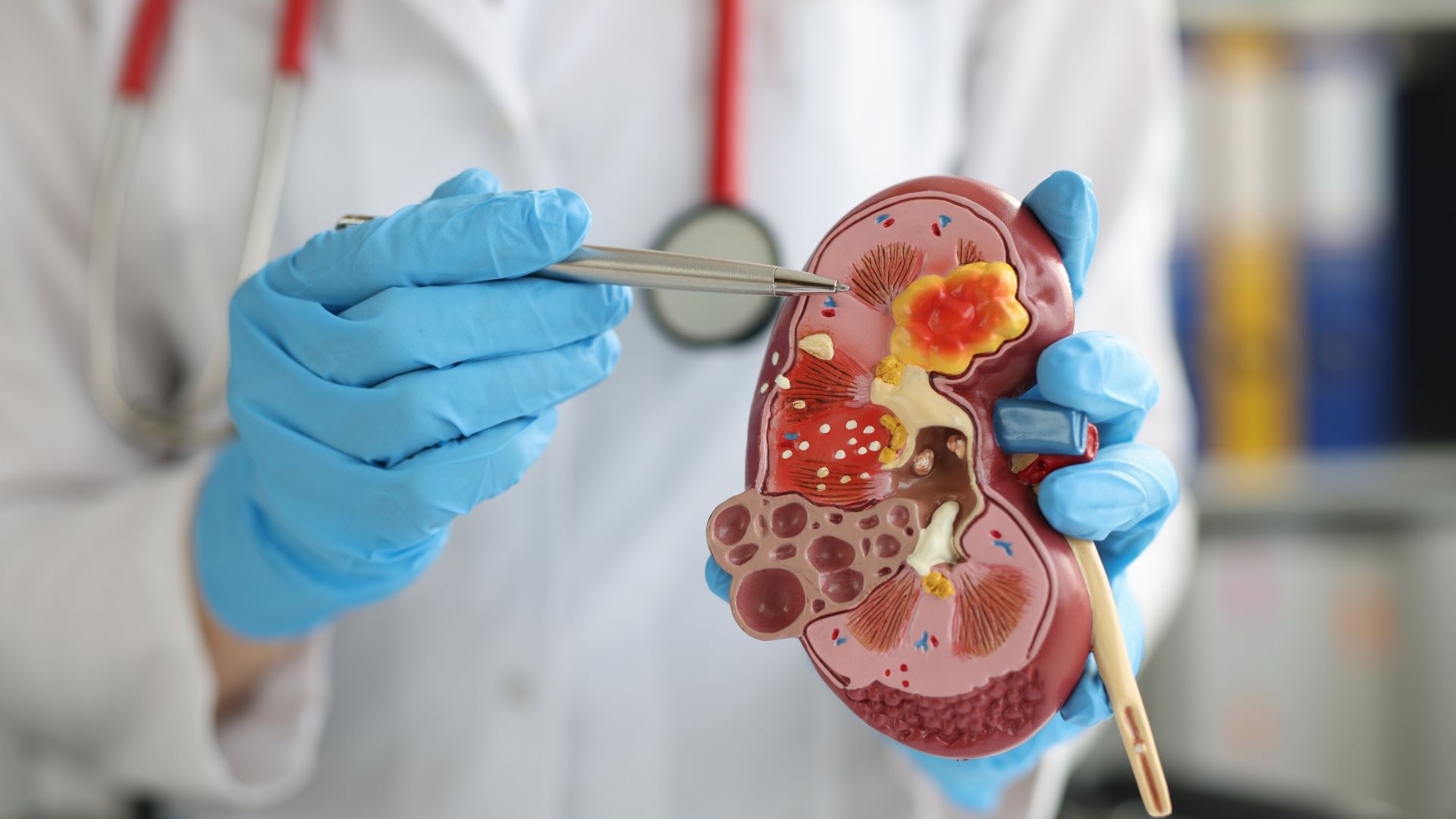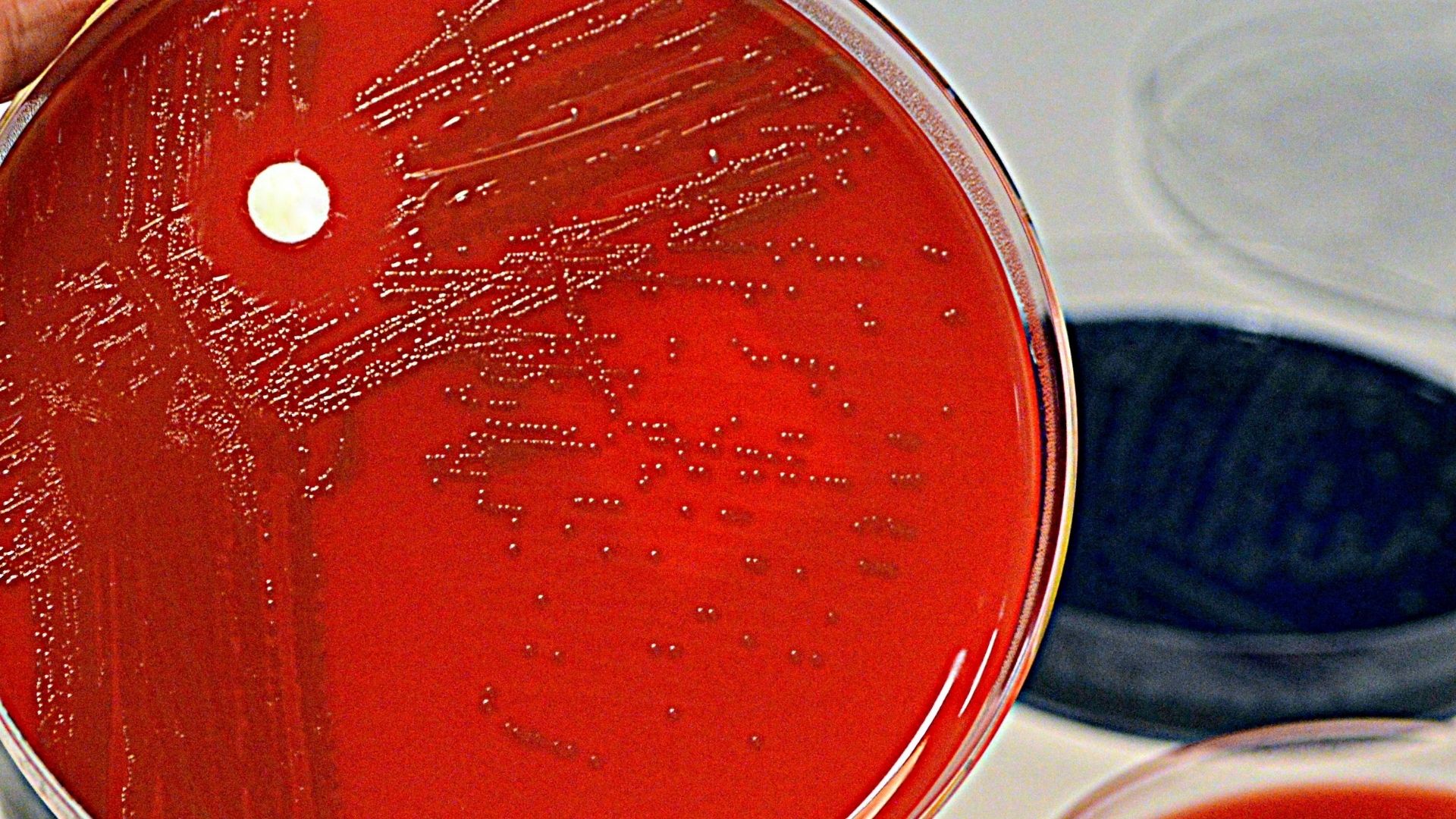Acute Pancreatic Inflammation refers to a sudden onset of inflammation of the pancreas. This causes damage to the cells in the pancreas and temporarily disrupts normal functioning. Acute pancreatitis can create life-threatening conditions and is usually divided into two different types:
Acute Edematous Pancreatitis: This type of pancreatitis is a mild form. About 85% of patients show symptoms of this type. There is temporary damage to the pancreas and other organs are usually unaffected. Patients usually recover completely and there is no permanent damage to the pancreas.
Acute Necrosing Pancreatitis: This type of pancreatitis occurs in about 15% of patients and is more severe. Severe and widespread damage to pancreatic tissue occurs. This can lead to temporary interruption of the function of other organs or even sepsis (blood poisoning). Patients with this type of pancreatitis may require treatment in the intensive care unit, sometimes for weeks or months. Depending on the degree of damage, permanent dysfunctions of the pancreas can occur.
Consequences of Acute Pancreatitis: The consequences of acute pancreatitis include digestive problems due to incomplete production of digestive enzymes and functional problems such as Diabetes (diabetes) due to reduced insulin production. Complications such as pseudocysts (fluid-filled cysts) or pancreatic abscesses can also occur due to damage to pancreatic tissue.

Pseudocyst Formation: Due to damage to pancreatic tissue, ruptures can occur in the pancreatic duct system. When this happens, pancreatic juice begins to accumulate in or around the pancreas and is called a pseudocyst. Pseudocysts can usually disappear on their own over time, but they can grow and cause symptoms. In cases requiring treatment, endoscopic intervention or surgical methods can be applied.
Pancreatic Abscess: In some cases, after the acute infection has subsided, pus can accumulate around the pancreas, called a pancreatic abscess. This can cause recurrent episodes of fever. Pancreatic abscess treatment is usually done with X-ray checks and drainage procedures, but sometimes surgery and antibiotic treatment may be required.
Causes of Acute Pancreatitis: In places like Western Europe and Germany, more than 90% of acute pancreatitis is caused by gallstones and excessive alcohol consumption. Other causes can include infections, medications, pancreatic pathway abnormalities and genetic factors.
Symptoms of Acute Pancreatitis: Symptoms of acute pancreatitis include sudden onset of severe abdominal pain, radiating pain in the back, nausea and vomiting.
Acute Pancreatitis Treatment: Treatment is directed according to the patient’s symptoms. Pain management and maintaining fluid balance form the basis of treatment. In severe cases, patients may be admitted to the intensive care unit. In severe cases, surgical intervention may be required and infected tissues may be removed.
It is also important to identify the underlying causes of acute pancreatitis. For example, in cases of acute pancreatitis caused by bile duct stones, endoscopic interventions or surgery can be performed early. Alcohol consumption should also be reduced.



